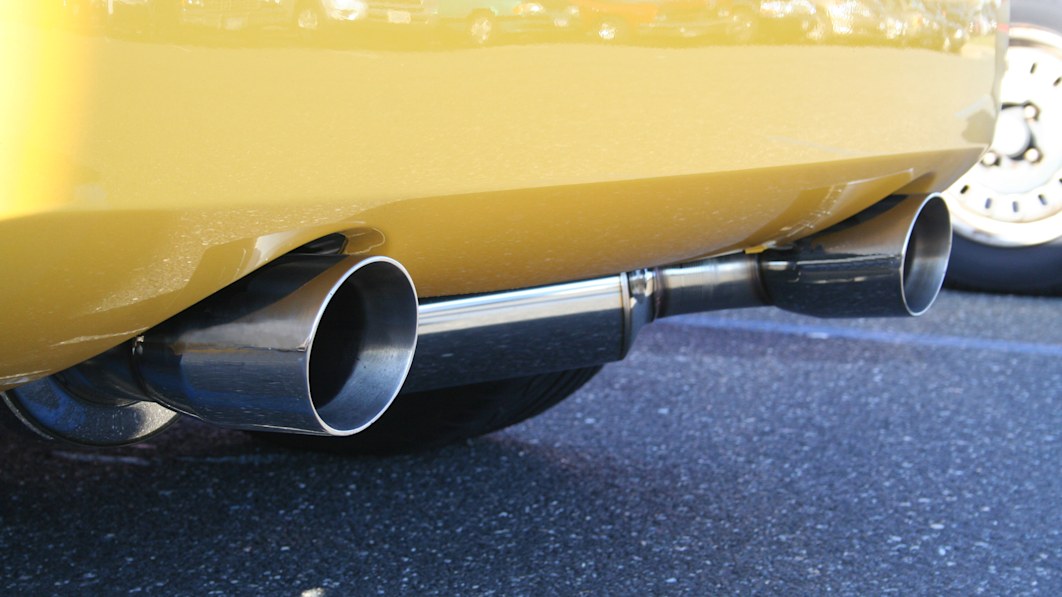A few months ago, New York’s participation in a noise-sensitive camera program hit the headlines. The cameras were set up to measure vehicles that exceed the legal decibel limit in the state, which is a maximum of 82 dB for cars and 86 dB for motorcycles. When the cameras detect non-compliance, they take a picture of the offending vehicle and issue a fine. At the time, we had read that Knoxville, Tennessee would be testing a similar program using the same Intelligent Instruments cameras used in New York. Autoweek reports that California could be next in line for such a pilot program, if the state Senate bill SB 1079 is signed by the governor in its current form.
The Senate bill picks up where a 2018 bill left off. The bill, which was enacted into law in early 2019, did not change the legal limits for exhaust noise, but revised enforcement. Depending on the year the vehicle was built and how much it weighs, those levels are up to 95 dB for cars under 6,000 pounds, 80 dB for motorcycles built after 1985. Instead of offering a so-called “fix-it-ticket”, which gives the offending party a chance to rectify the situation within a certain period of time and avoid a fine, the law has established a penalty scheme that applies to the first violation. No more swapping dampers and logging out of the local station.
SB 1079 would not only invoke the camera program, it would review enforcement again. Using measuring equipment would probably help all parties involved, even the enthusiasts who are upset about the whole situation. While the current law requires measurements to be made according to the Society of Automotive Engineers standard J1169, the police are allowed to “make their own judgment”. The bill’s language nominates six California cities for the program, without designating those cities. The locations chosen would be responsible for placing the “sound-activated enforcement” cameras on roads of their choice, as well as signage to warn drivers of the approaching measurement zone. Fines would go to a fund that pays for traffic calming measures such as speed bumps and bicycle paths.
The Senate bill returns to what is essentially a fix-it ticket for the first offense, the miscreants get away with a warning the first time. While cities come within certain limits with their own fare schedule, the bill charges them with developing payment plans, deferral plans, and waivers to help those who have a ticket.
SB 1079 remains in the California Senate for the time being, having recently been ordered for a third reading. If it leaves the Senate and General Assembly and is signed into law by Governor Newsome, the law will go into effect on January 1, 2023.
Related video:
